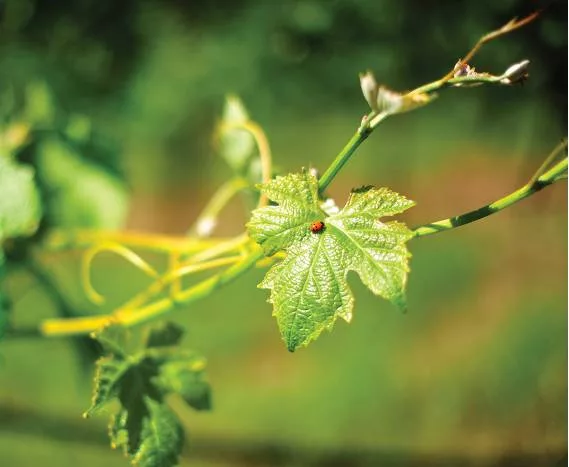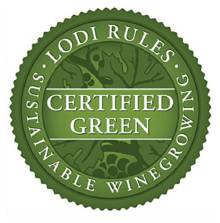IF YOU’RE LOOKING TO PURCHASE A MORE SUSTAINABLE BOTTLE OF WINE, there are four certifications that will help you find more conscious brands: Biodynamic, SIP Certification, Lodi Rules for Sustainable Winemaking, and Organic. These certifications indicate that the product has been produced in a more environmentally and socially beneficial way as compared to conventional wine, but do you actually know the difference between them? Here is a quick overview that will help you sort it all out.
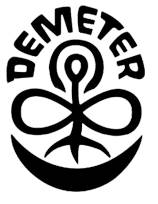
BIODYNAMIC
Biodynamic wine takes sustainability to a whole new level. Biodynamic wines not only have to meet all guidelines for organic certification, but biodynamic practitioners use a holistic approach, seeing their farm as an interconnected, diversified, and balanced living organism. The founder of biodynamic agriculture, scientist and respected philosopher Rudolph Steiner, designed the system in the 1920s to enhance the health and quality of the farm and of the food produced on it. Today, biodynamic certification, carried out by Demeter International and Demeter USA, is often viewed as the pinnacle of sustainability for agriculture and indicates that a product has been created in the most conscious way possible.
PRINCIPLES OF BIODYNAMIC FARMING:
1. All National Organic Program organic certification guidelines must be met as a baseline.
2. As opposed to organic certification, which only applies to a certain area of the farm, biodynamic certification applies to the entire farm.
3. Use of natural pest control methods such as ladybugs for insect control and whey for fungal control.
4. At least 10% of the farmland must meet certain biodiversity requirements.
5. There is a strong focus on reducing all imported materials to the farm and creating fertility through livestock integration, cover crops, crop rotation, and use of compost.
6. The farm is organized so that the waste from one area of the farm becomes energy for another.
7. Animals are a critical component of the farm and, in addition to contributing to the fertility of the soil, there is a strong focus on the welfare of the animals themselves.
8. There are two variations: wines that are certified biodynamic and wines that have been made with certified biodynamic grapes.
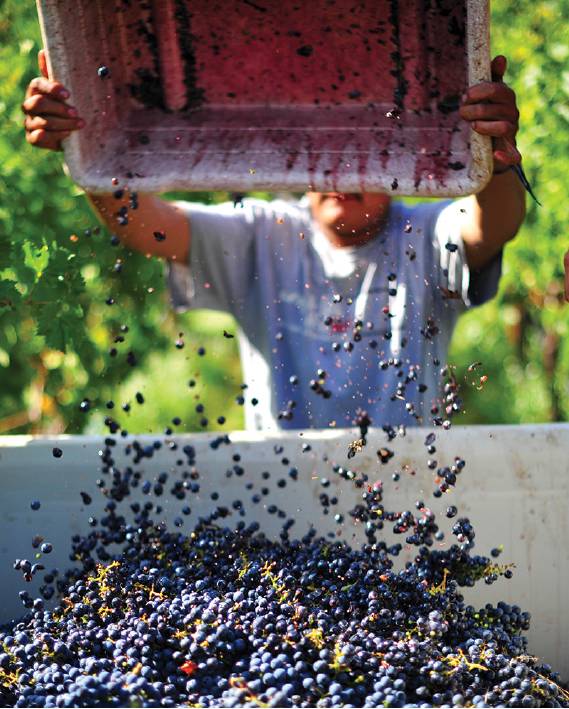
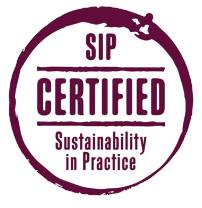
SIP CERTIFICATION
SIP (Sustainability in Practice) Certification, launched in 2008, is a third-party certification process for California winegrape growers that indicates that the wine producer farms in a manner that protects natural and human resources. The certification addresses multiple factors including energy usage, water conservation, air quality, habitat conservation, and social responsibility. By taking these factors into account, SIP certification is arguably a more holistic approach to sustainability as compared to organic certification. With over 34,000 acres of farmland in California SIP certified, the program seems to be gaining serious momentum. One thing is for sure: if you see a wine bottle displaying the SIP certification logo, you can feel good about your purchase.
LODI RULES FOR SUSTAINABLE WINEGROWING
The Lodi Rules for Sustainable Winegrowing, launched in 2005, was California’s first third-party audited certification for sustainable winemaking. With 101 farming practices taken into account, this comprehensive certification promotes practices that enhance biodiversity, soil and water health, community, and employee well-being by focusing on topics such as land stewardship, business management, human resources, and air quality control. This certification indicates that the wine in question has been produced in a holistically sustainable manner.
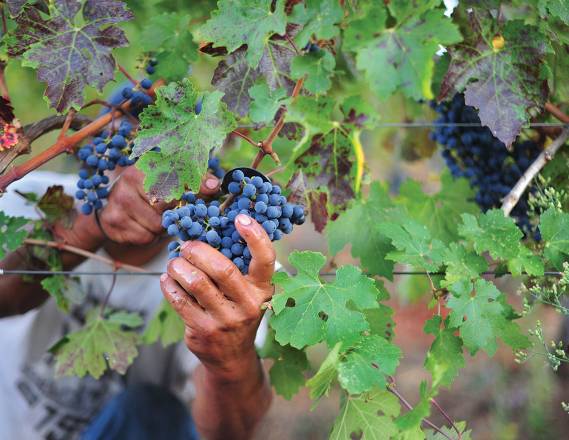
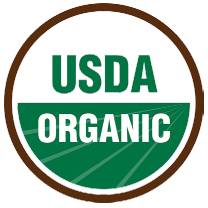
ORGANIC
While organic wines may not be as comprehensive as biodynamic, SIP, or Lodi certified products, they still provide a high-quality option for conscious consumers and are both better for the environment and human health than conventional wine. Under the organic umbrella, there are two variations: wines that are certified organic and wines that have been made with certified organic grapes.
In order for a wine to be certified organic, all of the grapes and agricultural ingredients must be certified organic and all use of synthetic pesticides, fungicides, insecticides, or fertilizers is not permitted. There are approximately 70 chemicals permitted for use in organic wine production, including naturally occurring salts and enzymes. No chemical used in a certified organic wine can have an adverse effect on human health or the environment as defined by the Food and Drug Administration (FDA), and sulfites cannot be added to certified organic wine.
For a wine to state that it uses certified organic grapes, 100% of the grapes used in the production of the wine are required to be certified organic. Any other agricultural ingredients, such as yeast, used in the production of the wine do not have to be certified organic, however, they are still held to high standards and cannot use “excluded methods,” such as genetic engineering. Sulfites are allowed to be added to wine that uses certified organic grapes.
